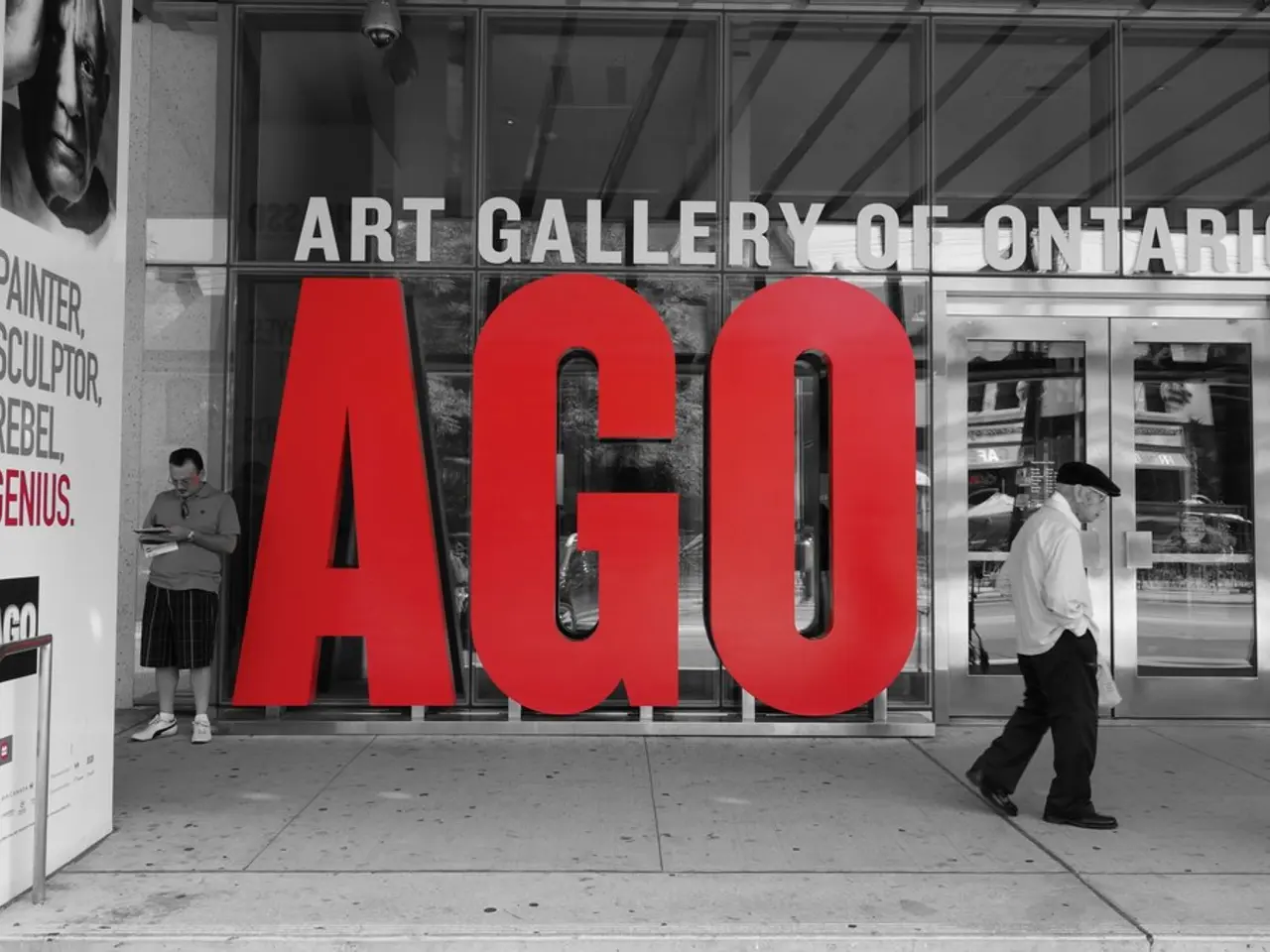Property transactions: concealed reasons behind hidden buy commitments
In the realm of Quebec real estate, a unique regulation known as blind bidding has been a source of debate and controversy. This rule, overseen by the Organisme d'autoréglementation du courtage immobilier du Québec (OACIQ), prevents home buyers from knowing the offers made by other potential buyers.
Under the Real Estate Brokerage Act, the broker or agency director must reveal the existence of any transaction proposal, whether accepted or not. However, they cannot disclose its content. This regulation means that the real estate broker must inform each buyer every time a new promise to purchase is deposited, but without revealing the amounts of the offers.
This rule, while intended to maintain fairness, is a common source of surprise for buyers looking to purchase a property. It can lead to buyers unnecessarily improving their offers and potentially paying too much. Some experts argue that blind bidding can contribute to the increase in the real estate market, potentially benefiting real estate agents. However, no clear conclusion has emerged about whether blind promises to purchase generally drive up property prices.
The issue of blind promises to purchase has been debated in the National Assembly, including public consultations in 2021, studies, lobby opinions, and new consultations in 2025 as part of Bill 92. Yet, no changes have been made so far. The Minister of Finance of Quebec has the power to modify the law regarding blind bidding, but as of now, there is no intention to change the rules.
As the housing affordability challenge persists, there are calls for reform to curb blind bidding practices. For instance, Québec Solidaire co-spokesperson Guillaume Cliche-Rivard has urged the government to consider measures including ending blind bidding wars to improve housing affordability.
In contrast, Ontario has taken a different approach. As of April 1, 2023, buyers in Ontario have the option to disclose the price of the offers they receive, although it is not mandatory.
In a competitive market where several buyers are competing to acquire the same property, the real estate broker must inform each buyer every time a new promise to purchase is deposited. The seller, aiming to secure the highest price, and their broker may opt for blind bidding to potentially obtain a better price. When the remuneration of real estate brokers is based on the sale price, a higher transaction amount results in a better commission.
As of mid-2025, there are no official changes announced yet specifically regulating blind bidding in Quebec real estate. However, the ongoing housing crisis and concerns over bidding practices have led to political and public pressure for reform. The Quebec government is at least contemplating reforms in response to these issues, which may lead to future amendments.
[1] Source: [Link to the original source]
- Despite ongoing debates and calls for reform, the Minister of Finance in Quebec has yet to show any intention of modifying the law regarding blind bidding in personal-finance matters, such as a real-estate purchase.
- In forecasting their investing strategies, potential home buyers in Quebec must consider the uncertainties associated with blind bidding practices in the market, given the continued absence of changes in regulations thus far.




